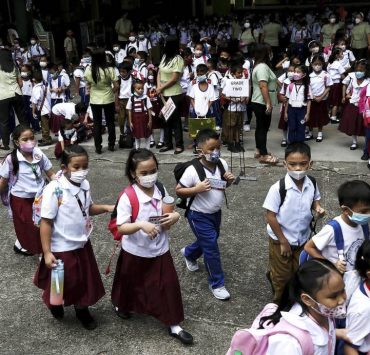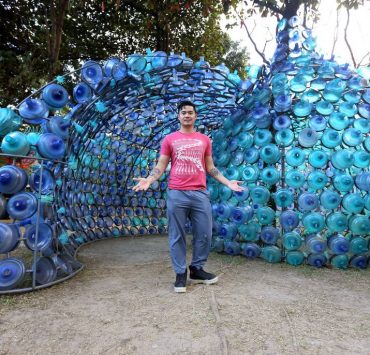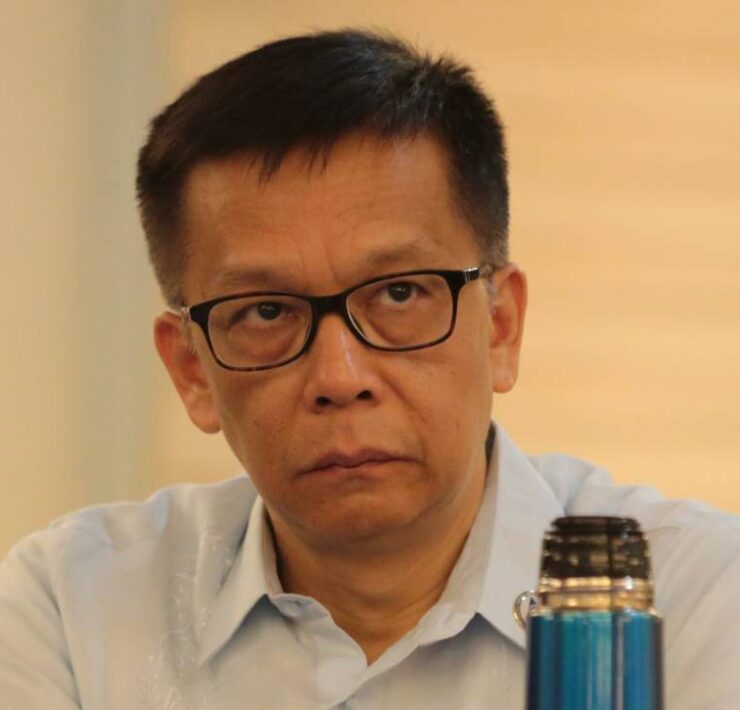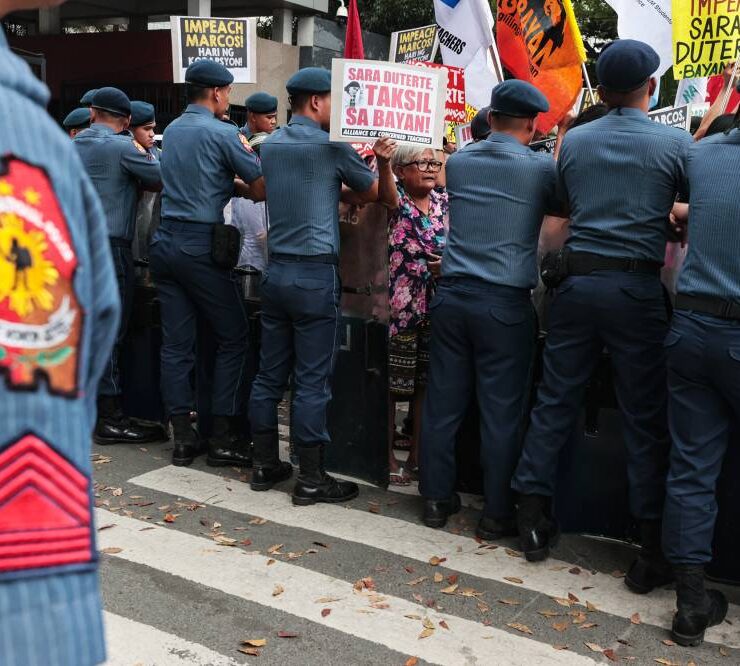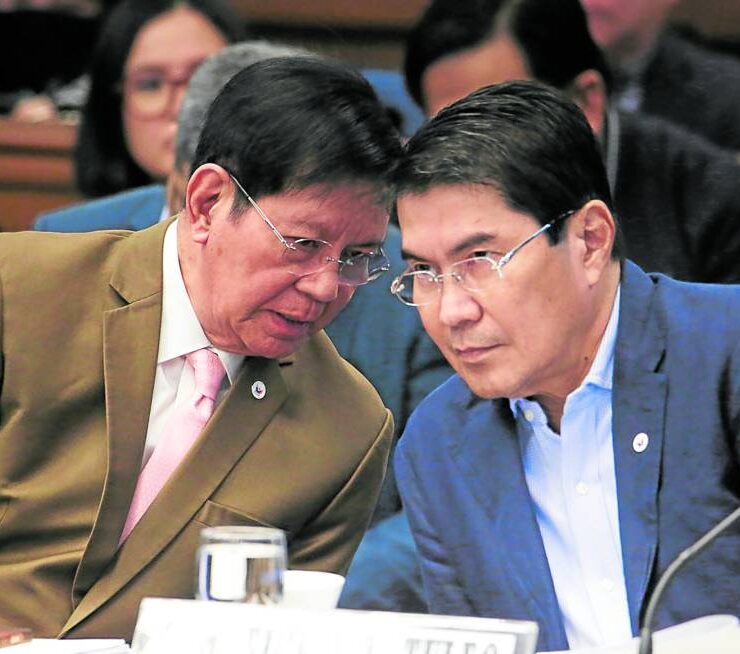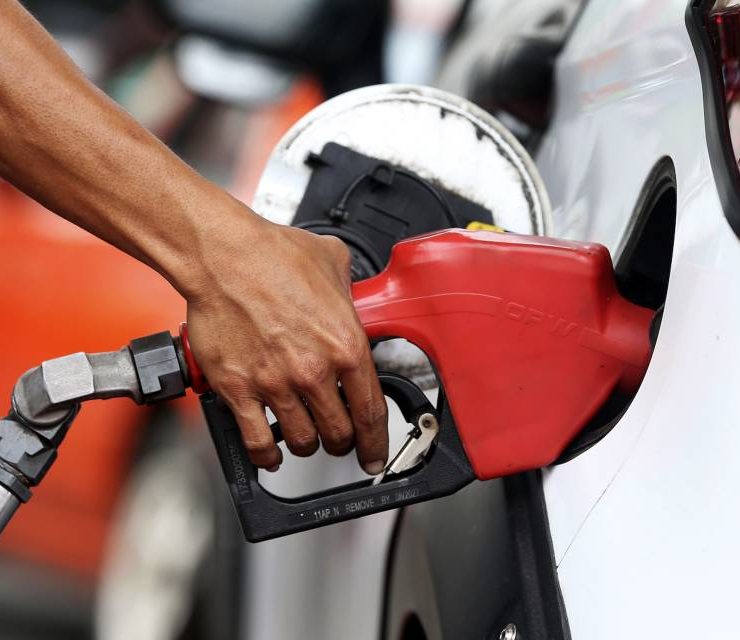HK holds first ‘patriots only’ local polls
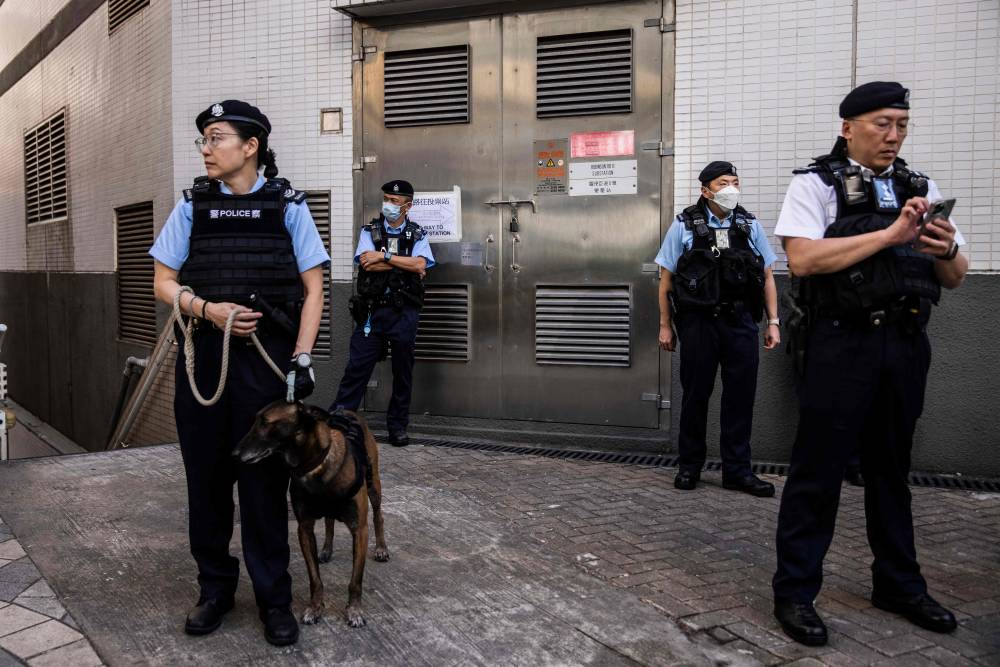
HONG KONG—Polls opened in Hong Kong’s first “patriots only” district council election on Sunday, with officials dismissing concerns of potentially low turnout in a race that has shut out all opposition candidates after a national security crackdown.
The previous election was held at the peak of the huge, sometimes violent, democracy protests in 2019, and recorded a historic-high 71 percent turnout—delivering a landslide victory for the prodemocracy camp.
As part of the widespread clampdown on political opposition—aided by a national security law imposed in 2020 by Beijing—the city authorities overhauled the councils’ composition earlier this year.
Authorities have attempted to drum up enthusiasm for the election, covering the city with posters urging Hong Kongers to participate, but on Sunday morning, polling booths appeared to have few voters in the wealthy Mid-Levels area.“It must be the patriots ruling Hong Kong—this is our principle,” said a civil engineer surnamed Lee, a lone early voter, adding “the election wouldn’t be affected just because some (candidates) can’t be part of it.”
According to new rules announced in May, seats for direct election were slashed from 462 to 88, with the other 382 seats controlled by the city leader, government loyalists and rural landlords.
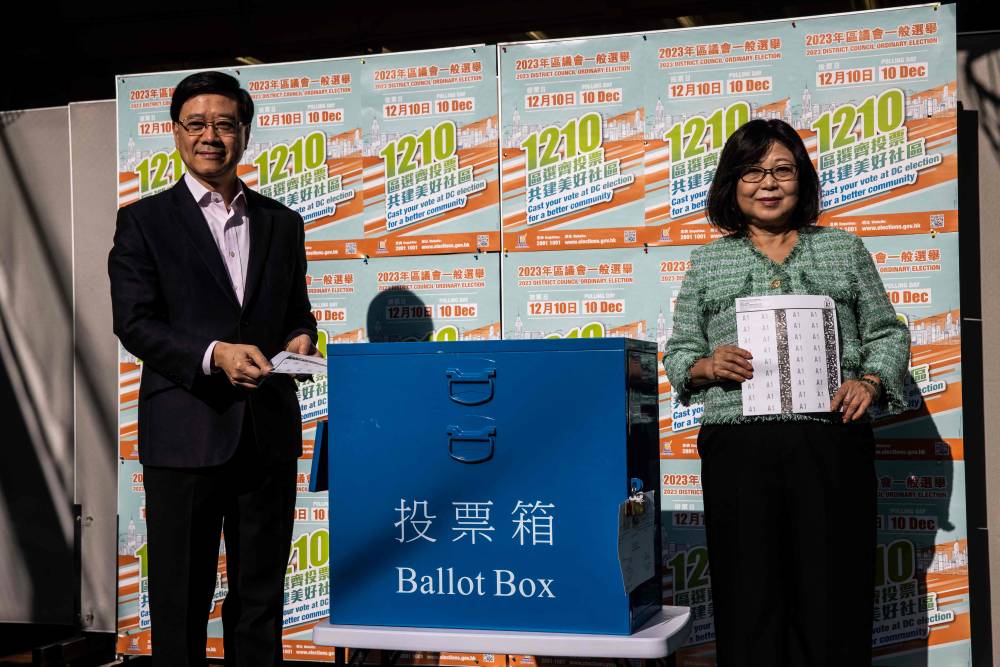
Requirements
Candidates are required to seek nominations from three government-appointed committees, which effectively shut out all prodemocracy parties.
Over 70 percent of the directly elected candidates were committee members.
City leader John Lee said this year’s election was “the last piece of the puzzle to implement the principle of patriots ruling Hong Kong,” referring to a doctrine Beijing imposed on the financial hub to weed out from public office anyone deemed politically disloyal after the 2019 protests.
“From now on, the district councils would no longer be what they were in the past—which was a platform to destruct and reject the government’s administration, to promote Hong Kong independence and to endanger national security,” Lee said after he cast his ballot on Sunday.
The councilors for Hong Kong’s 18 districts handle mostly local-level issues—like sanitation, transport routes or the adequacy of public facilities.
But after Sunday’s election, they will “behave as local consultative bodies in name, and as the government’s echo chamber in practice,” said Kenneth Chan, a political scientist at the Hong Kong Baptist University.
Political control
“This is about achieving 100 percent political control above all,” he told Agence France-Presse (AFP).
Senior officials have rejected concerns about potentially low voter participation, with Erick Tsang, the constitutional affairs minister overseeing the election, saying that “the turnout rate cannot be an indicator of the (new) system’s success.”
Some residents expressed apathy to the exercise on the eve of the election.
“The broad political spectrum of voices that we saw four years has all gone,” said Tang, a 27-year-old resident who said she would boycott the vote, asking to be identified only by her family name.
Turnout was 15.47 percent at 2:30 p.m. (0630 GMT), down from 42 percent at the same time in the previous election.More than 12,000 police officers were deployed across the city to prevent disturbances in the election, according to local media.
The League of Social Democrats—one of the city’s last remaining opposition groups—said on Sunday that three of their members were arrested in Hong Kong’s Central district.
The group had announced the night before that they were planning to protest the election.
On Tuesday, a 38-year-old man was charged for reposting a video of an overseas commentator that allegedly incited people to boycott the election. —reports from AFP, REUTERS
AFP is one of the world's three major news agencies, and the only European one. Its mission is to provide rapid, comprehensive, impartial and verified coverage of the news and issues that shape our daily lives.














